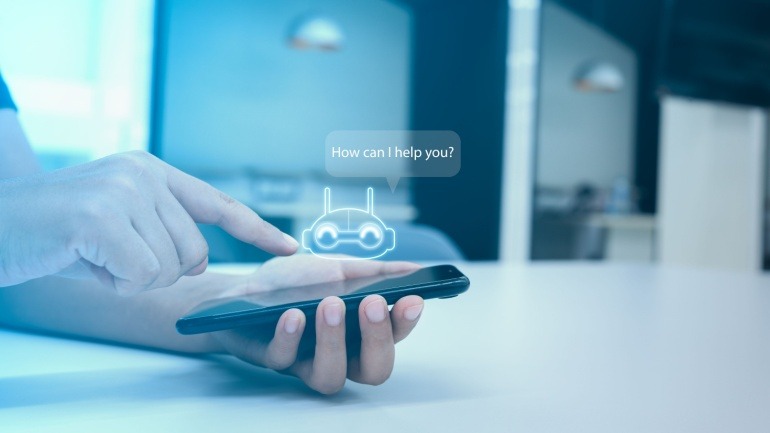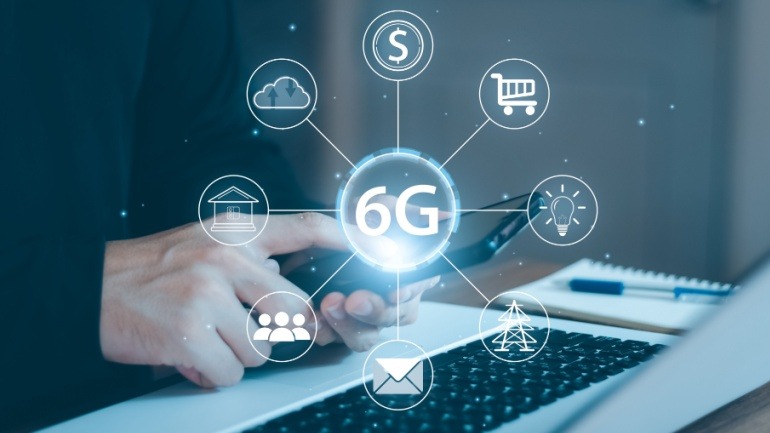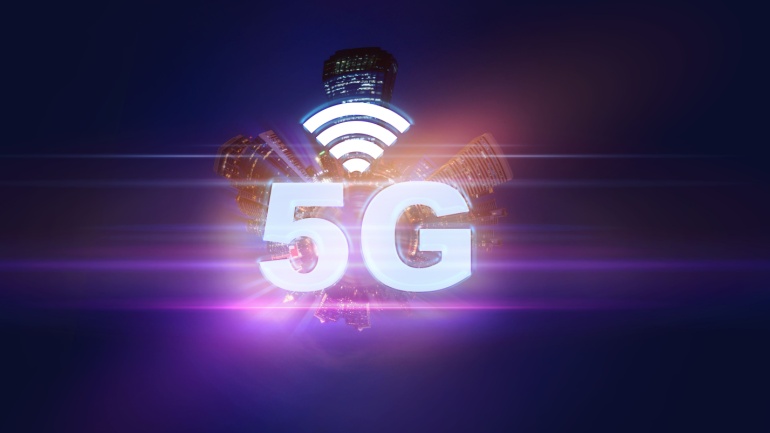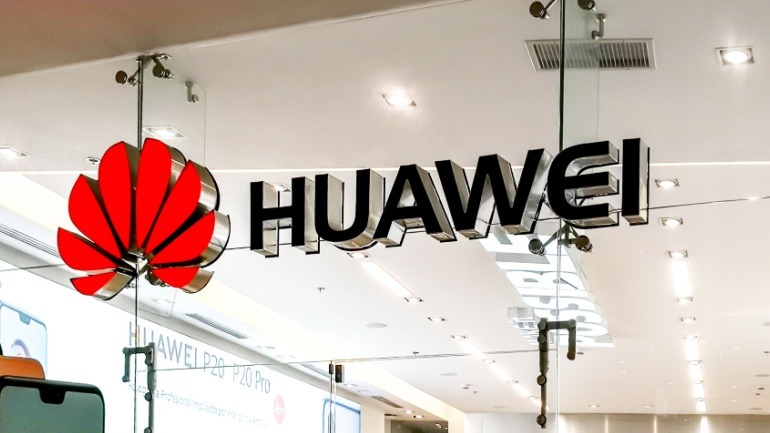Verizon launched the AI-powered Verizon Business Assistant to help small businesses automate customer interactions. The tool answers common questions instantly and connects users to live agents for complex issues.
Ericsson, Volvo Group, and Bharti Airtel have joined forces to revolutionize Industry 4.0 and pave the way for Industry 5.0 in India through a groundbreaking research collaboration. By integrating 5G, XR, and AI, this partnership aims to transform manufacturing, enhance processes in real time, and position India as a hub for industrial innovation.
Microsoft is set to transform South Africa’s digital landscape with a $298.6 million investment in cloud and AI infrastructure. This strategic expansion will boost Azure services, catering to diverse organizations. From startups to multinationals, enhanced productivity awaits.
CoreWeave’s strategic partnership with OpenAI marks a pivotal moment in AI infrastructure. By enhancing OpenAI’s compute capacity, CoreWeave bolsters model training and deployment, echoing its commitment to cutting-edge AI solutions.
Samsung and KDDI Research are spearheading the integration of artificial intelligence into future 6G networks. By enhancing multiple-input multiple-output (MIMO) systems with AI, they aim to boost transmission speeds and network capacity, revolutionizing mobile networks.
ZTE Corporation, alongside China Mobile, launched innovative AI-driven 5G-A solutions at MWC 2025. These advancements in 5G-A technology, including ‘Communication-Sensing-Computing-Intelligence’ and ‘Ambient IoT,’ promise groundbreaking transformations in industrial applications.
Deutsche Telekom showcased its AI Phone at MWC 2025, emphasizing AI-driven convenience. Powered by Perplexity and Google Cloud AI, it streamlines tasks like booking taxis and translating languages. The “Magenta AI” hub in MeinMagenta expands with new tools, while enterprise AI solutions enhance cybersecurity and network performance.
Huawei’s display at the MWC in Barcelona showcased their cutting-edge solutions for telecoms carriers, focusing on the transformative power of 5G and AI. Huawei’s innovations in AI-centric network solutions aim to enhance telecom infrastructure, streamline operations, and meet the increasing demands of AI applications.
SK Telecom has partnered with IonQ to advance AI and quantum technology, enhancing efficiency in AI-driven solutions. The collaboration integrates IonQ’s quantum computing into SK Telecom’s AI services, including data centers and cryptography.
ZTE Corporation, a key player in the technology sector, reported remarkable financial performance for 2024, achieving CNY 121.30 billion in annual revenue. Despite a challenging global landscape, innovations in 5G-Advanced, AI, and all-optical networks propelled their success.













